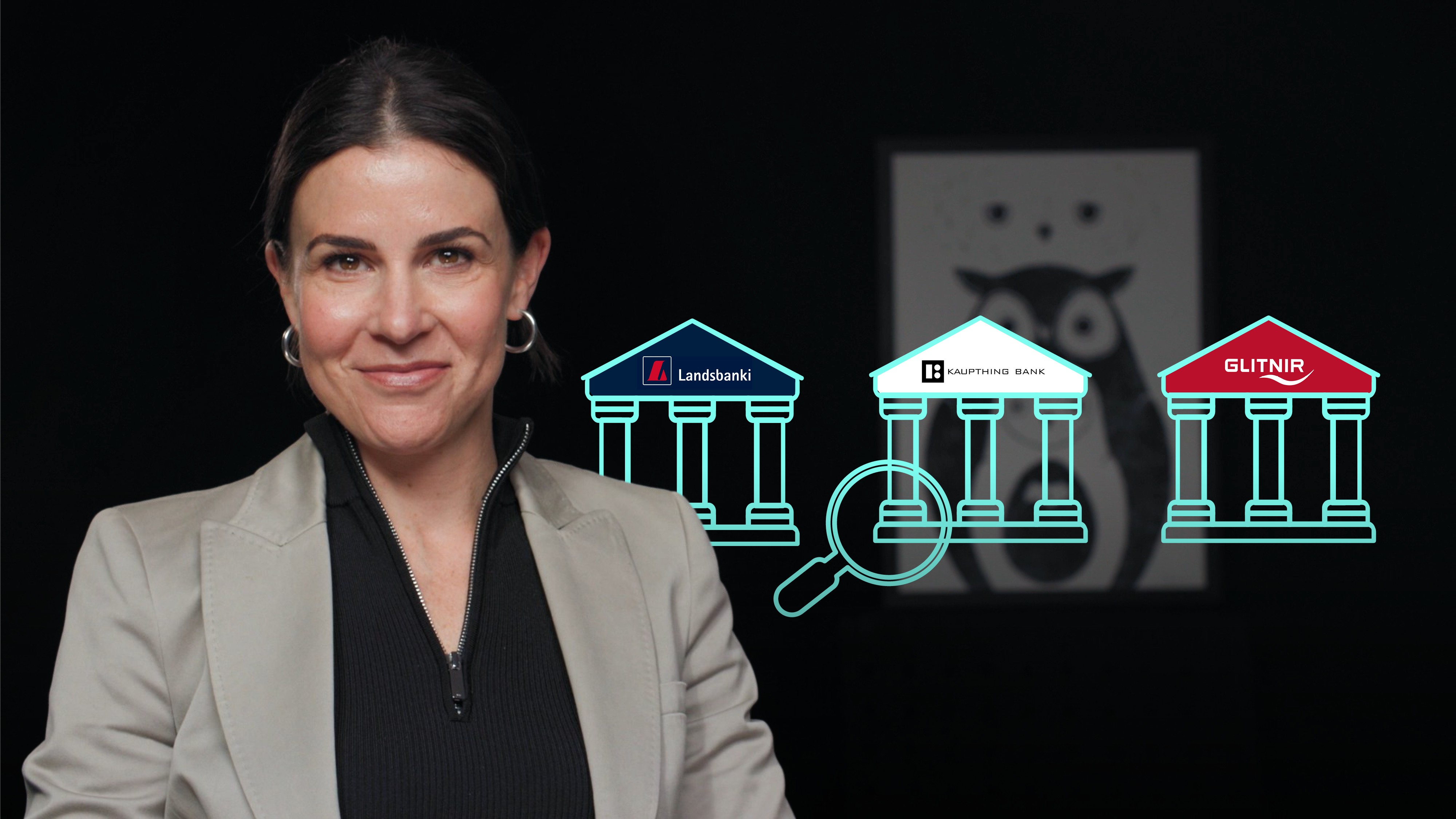
The Impact of the Global Financial Crisis on Bank Deposits

January Carmalt
20 years: Research & banking
In the first video looking at bank deposits, we discussed why bank deposits are seen as a risk-free investment. In this video we will look at the impact that the financial crisis had on depositors, firstly by looking at Iceland.
In the first video looking at bank deposits, we discussed why bank deposits are seen as a risk-free investment. In this video we will look at the impact that the financial crisis had on depositors, firstly by looking at Iceland.

The Impact of the Global Financial Crisis on Bank Deposits
9 mins 13 secs
Key learning objectives:
Why were British savers at risk from investing with Icelandic banks?
What losses did Cyprus impose on depositors and why?
What real-world implications may we glean from the ‘bail-in’ of Spain’s Banco Popular?
Overview:
Before bail-in capital became officially endorsed by regulators, depositors in Iceland and Cyprus suffered losses on deposits when their respective banking systems collapsed. We examine what happened in these scenarios, and the first official ‘bail-in’ with Banco Popular, along with the lessons learned by regulators, savers and the markets.
Why were British savers at risk from investing with Icelandic banks?
In 2007, cash strapped Icelandic banks lured savvy savers south of the Arctic with high-yielding, too good to be true online savings accounts. For a time, Landsbanki’s Icesave and Kaupthing’s Edge accounts topped the best buy league tables for their easy –access, high-yielding internet savings accounts. Moreover, Icelandic banks were then regulated by both the FSA and signed up to both Britain’s and Iceland’s deposit insurance schemes, respectively, given British savers a peace of mind when opening accounts. However, when the 2008 crisis hit, confusion over whose liability British deposits lay meant an anxious wait for compensation for depositors as Britain, Iceland and the Netherlands disputed where the legal liability for depositors lay.
What losses did Cyprus impose on depositors and why?
Not unlike its Nordic predecessor, Cyprus’s banking assets dwarfed the country’s GDP by nearly 8 times, with a large portion of funding from foreign depositors, mainly Russian. Big bets on Greek debt and souring real estate loans coupled with a crippling reliance on ECB emergency funding made for the perfect storm. In March 2013 a bailout of EUR10bn was announced on the condition bank stakeholders pay up.After months of negotiations the EC, ECB and IMF, or Troika of lenders, in a landmark decision it was agreed uninsured depositors would indeed ‘bail-in’ the failing banks to the tune of up to 50% of any uninsured savings. The clever spin to minimise the inevitable unintended consequences was the fact that the vast sum of deposits were held by foreigners, primarily rumoured to be Russian oligarchs. The majority of domestic depositors could rest easy… well easier, anyway.
What real-world implications may we glean from the ‘bail-in’ of Spain’s Banco Popular?
Saddled with billions of souring property loans and just days from running out of money Banco Popular was deemed ‘failing or likely to fail.’ The SRM was put into action and swiftly sold Banco Popular to Santander for EUR1, whilst wiping out all equity, additional Tier 1 and subordinated debt in the process. The resolution was, by in large, deemed a success, sparing taxpayers whilst limiting systemic contagion. Whilst initially it was feared that the mere notion of bail-in bonds would prove a self-inflicted wound-- permanently raising funding costs and alienating traditional bank bond investors just at the juncture markets needed them most, in the end these fears were overdone, even shortsighted.

January Carmalt
There are no available Videos from "January Carmalt"

